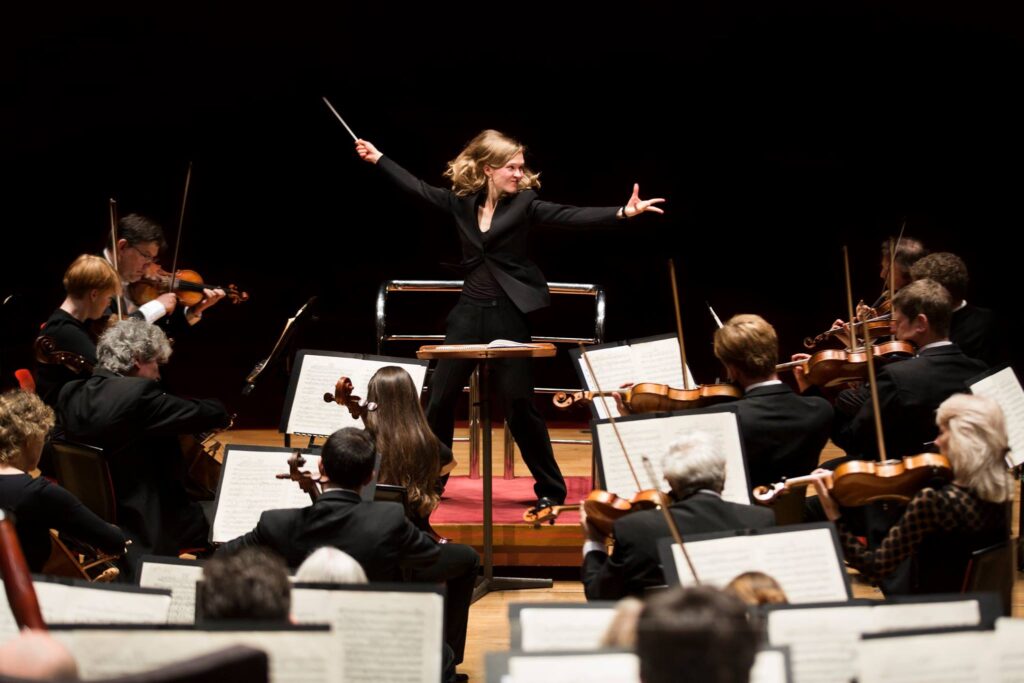Orchestra refers to the different instruments used by musicians to perform and play music in a well-organized manner. The group of musicians is led by the conductor, who directs them with the help of the movement of hands and arms. This instrumental group is the ensemble in which bowed stringed instruments fill rhythm while woodwinds, brass, and percussion instruments complement the music. If you look into its history, you will come to know about how the orchestra has evolved from past years. You can analyze the five important eras of orchestral evolution: Baroque era, Classical era, early/mid-Romantic music era, late romantic era, and Modern eras.
Energetic music can raise someone’s mood and morale. The melodious sound produced by an orchestra can make people feel so calm and relaxed. While reading about George Freundlich, who is a Philanthropist and avid traveler, we came to know that he retired from the award-winning Timmins Symphony Orchestra and earned the “Award of Appreciation” for his valuable dedication to the orchestra.
Orchestra and Harmony
It is an undeniable fact that harmony is represented by music. Harmony refers to the process of composing sounds. It can be realized and analyzed by hearing. The performer is fully responsible for expressing connection through music. The harmony is scripted by the composer, who is further responsible for the chord progression. The common types of harmony include diatonic harmony, non-diatonic harmony, and atonal harmony. Along with rhythm and melody, harmony becomes the most essential element of music.
How Will It Benefit You To Be Part Of An Orchestra?
Being a part of an orchestra teaches you various essential life lessons. There is no shortage of reasons why one should be a part of a musical ensemble. Music is the form of dynamic language and expression. The performers of the orchestra rehearse, perform and record their music. Following are the best reasons to be a part of the orchestra;
- Development of Professional Skills
George Freundlich was part of a successful orchestra team and he is also a doctor by profession. Being professional at all times opens up more opportunities. Musicians like James Galway practice for high-level instrumental performance. Orchestral repertory develops a great sense of tempo, dynamic, and phrasing. You learn to read musical notations. Also, you are trained to work under immense pressure to improve your performance.
- Improvement of Interpersonal Skills
After becoming a part of the orchestra, you learn to maintain integrity. Only with collaboration, a melodious sound can be produced. You are instructed to coordinate with the other people in a more accommodating and cordial manner. You have to work as a team with confidence and patience and trust.
- Work-Life Balance
Orchestral musicians know how to maintain a work-life balance. They have to be courageous and productive to establish an effective work order. On average, the musicians spend 20 hours per week performing. Some musicians like to work on weekends and holidays. You are supposed to be well-disciplined to maintain your work ethics.
Final Thoughts
Being part of an orchestral team changes the way you think and behave. You will learn about the evolution of music. If you are involved in the orchestral ensemble at an early age, you already started to make a long-lasting relationship with your team. You’ll get a better opportunity for your career if you know how to collaborate with other people. The most important thing to consider always is that you should have the right attitude at all times.

